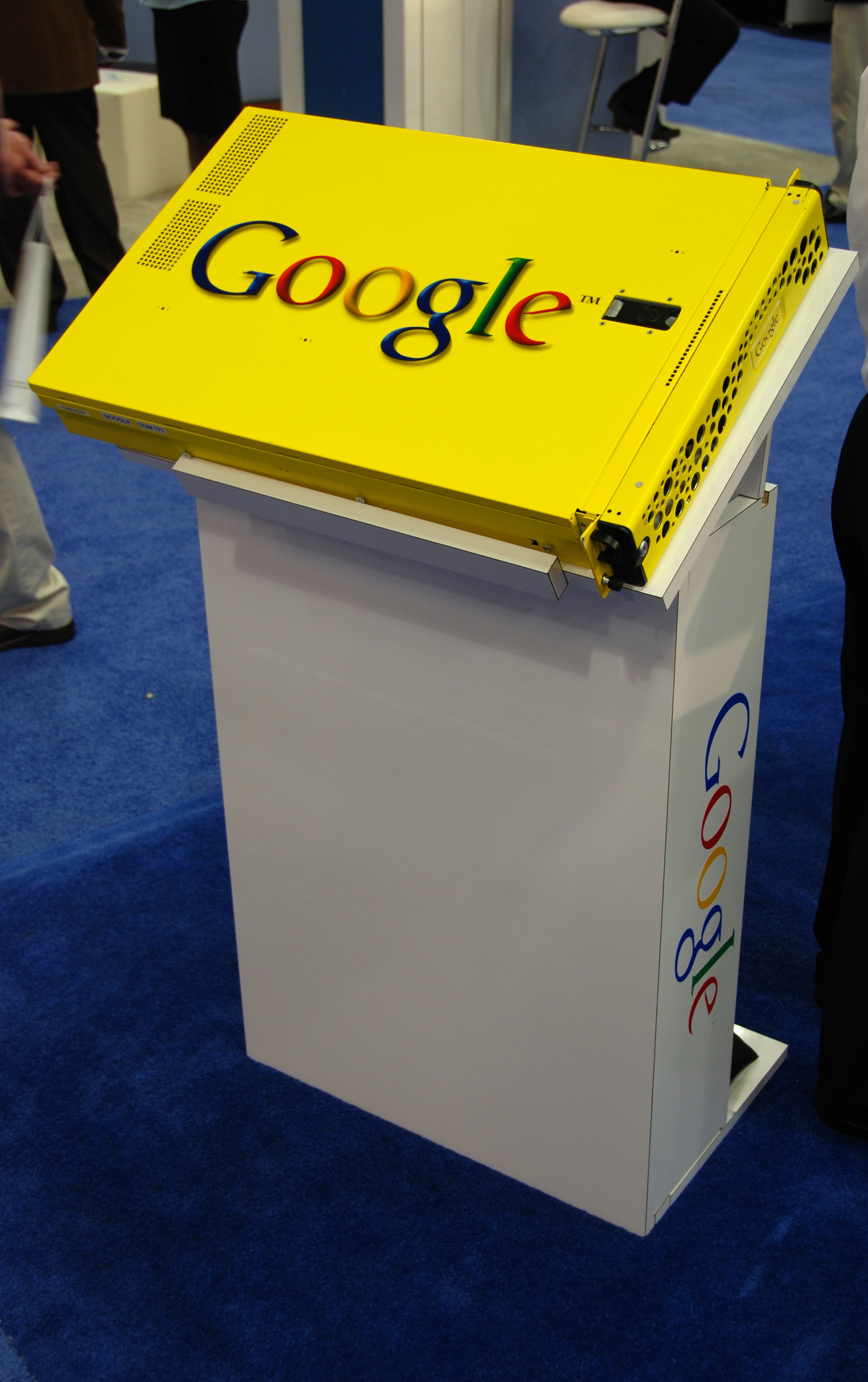 Why would a company with such enviable accounts which break the triumvirate management?. This is the question the media and analysts are trying to respond after news of changes at the top of Google. The founder Larry Page (38 years) in three months will assume the post of CEO Eric Schmidt (55). One of the reasons given is that Google, master of the searches, to respond to an increasingly powerful competitor, Facebook, and social networking phenomenon.
Why would a company with such enviable accounts which break the triumvirate management?. This is the question the media and analysts are trying to respond after news of changes at the top of Google. The founder Larry Page (38 years) in three months will assume the post of CEO Eric Schmidt (55). One of the reasons given is that Google, master of the searches, to respond to an increasingly powerful competitor, Facebook, and social networking phenomenon.Google has lost some of its corporate culture and have a slow bureaucracy, in contrast to younger more agile competitors, such as Twitter and Facebook, say experts at The New Yok Times. One indication of this is that, despite salary increases has not been able to retain engineers who have left the competition, seeking new experiences.
"Frankly, ten years is a lot to be leading a company," Eric Schmidt has admitted. But it's just fatigue or stress in the command that prompted the change? While some prepare Schmidt did not rule out a political career, others explain the change by some strategic differences. China has been one of them ...
Schmidt was less in favor of a showdown over the censorship of its search engine that could pose a serious loss of share of business in a country with an exponential growth of Internet. Another disputed issue has been the launch of Chrome operating system that you are delayed, for laptops, where Google already has Android mobile operating system.
The company has decided to develop another platform instead of expanding the functions of Android. Interestingly, the success of this open operating system has not accompanied the launch of Google's own mobile phones that tried to break the traditional form of direct marketing by selling your product.
This step was not well regarded by other manufacturers who were clients of Android and will annoy the head of its mobile operating system would also make phones. In this review of reasons, Cnet points out the need for Google to get a friendly deal with audiovisual and music producers. Your TV has met Google blocking the major television networks fear that the supply of the company, merged into Internet television, cannibalizing its business model in favor of the finder.
Google also needs the complicity of the record companies to launch a music service. Nor does the relationship with the editors of media is placid. Its size is scary and giant Google has lost some of the sympathy that greeted growth breaking the status quo of the sector. Now his major concern and has opened several contentious.
The European Union is investigating whether manipulating the search results for links to their own services and the announcement of acquisition of other services comes quickly to competition authorities. The relay has been presented as the end of a long tutorial by Schmidt. The announcement was seen as a father who attended the graduation ceremony of their children.
Schmidt has said with a somewhat smug phrase: "no need for adult supervision of day to day." Clear that the fortunes of the phrases Schmidt is not his best side. A few months ago, in the debate on respect for privacy, a remarkably weak point of Facebook, said the best way that one American was something that had not known the Internet was ...
not. Some expressed doubt before the change is clear: We know a Page as a great engineer, yet to be seen now as a manager. It is not nice to return to origins, but to recover some friendly tone of the founding period without losing your current one, immense power in the digital world. A return to the future.


- Pensando En El Futuro 1-3 Group : Dominican Republic (21/01/2011)
- Powerful Figure Portraits - The Frederico Martins 'Futuro' Series Captures Brilliant People (GALLERY) (23/11/2010)
- Mujeres Buscando Un Futuro Group : Peru (01/01/2011)
- Product Review: Futuro Sport Deluxe Ankle Stabilizer (14/01/2011)
- Google might be launching a Groupon competitor (21/01/2011)
No comments:
Post a Comment